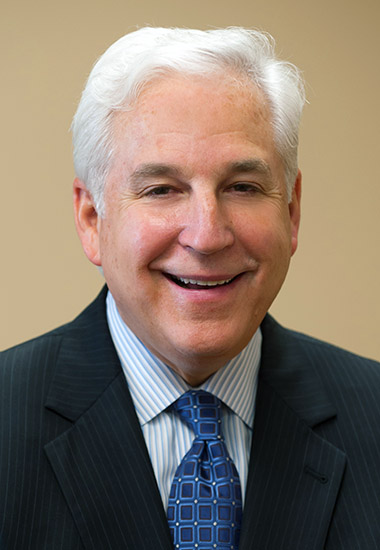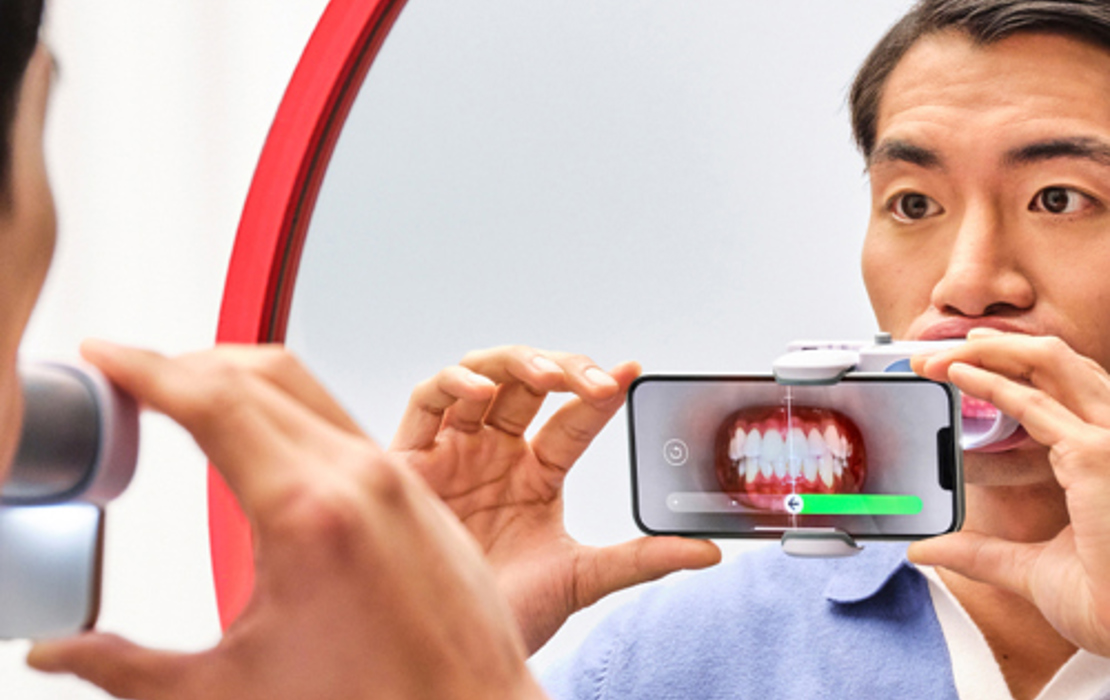The Employee Retention Credit: What to know
ADA talks to dental CPA on who can take it, what to look out for

The Employee Retention Credit is a refundable tax credit for businesses that continued to pay employees while shut down due to COVID-19 or had significant declines in gross receipts from March 13, 2020, to Dec. 31, 2021. The credit has been the subject of recent fraud, according to the Internal Revenue Service ,and the agency is warning employers to be wary of third parties advising them to claim the credit when they may not qualify. To help clear up confusion, ADA News spoke with Allen Schiff, president, Academy of Dental CPAs. In this Q&A, Mr. Schiff addresses key takeaways regarding this credit and what concerns dentists should take into consideration when filing.
Question: What is the Employee Retention Credit?
Answer: The Employee Retention Credit, or ERC, is a payroll tax credit provided by Congress to eligible employers — including dental practices — that were financially impacted by the pandemic. The payroll tax credit was established as part of the Coronavirus Aid, Relief and Economic Security Act, or CARES Act. It is designed to encourage eligible dental practices to retain their employees on the payroll in 2020 and 2021 by providing a tax credit of up to $5,000 per employee for the period of March 13-Dec. 31, 2020,and $7,000 per quarter and per employee between the period of Jan. 1- Sept. 30, 2021. Eligible dental practices can claim the credit on their federal employment tax returns, Form 941X.
Q: Who is eligible to take the ERC?
A: For a dental practice to be eligible for this credit, the practice must meet one of the following criteria:
- The practice must have experienced a significant decline in gross receipts in any calendar quarter in 2020 or 2021 compared to the same quarter in 2019. A decline of at least 50% is required for 2020, and a decline of at least 20% is required for 2021. This calculation is based on quarterly collections of the dental practice during the annual periods of 2019, 2020 and 2021.
- The practice was either fully or partially suspended due to a government order related to COVID-19 during the calendar quarter of 2020 or 2021.
- There are additional eligibility requirements and limitations based on the size of the employer, the wages paid to employees, and other factors. Eligible employers should consult with a dental CPA for further guidance. For additional IRS guidance, visit this IRS webpage .
Q: The IRS is warning filers about ERC fraud. What concerns should dentists have? Would you still recommend dentists or other employers apply for the credit if eligible?
A: The IRS has warned employers about potential ERC fraud, and it is important for all dentists to be aware of the risks and take steps to ensure that they are claiming the ERC credit correctly and accurately. Dentists should be cautious of any tax preparers or other individuals who promise to obtain ERC benefits in exchange for a fee that is a percentage of the tax savings. The IRS has cautioned that there have been cases of fraudsters targeting small business owners with offers to obtain the credit for them, while not qualifying for the credit.
Dentists should also be careful to accurately calculate and document their eligible employee wages and ensure that they meet all of the eligibility requirements for the credit. The IRS has stated that it will be closely scrutinizing ERC claims, and any errors or discrepancies could result in audits or penalties.
Despite the risks of fraud and errors, if dentists are eligible for the ERC, it will be beneficial to apply for the credit. The ERC can provide significant financial relief to eligible dental practices struggling with the economic impacts of COVID-19. The funding from the ERC can help to retain employees and maintain dental business operations. However, it is important to carefully evaluate eligibility and work with a trusted dental CPA to ensure that all requirements are met and the credit is claimed correctly. A CPA cannot charge a percentage of the tax savings, for it would be a violation of the Code of Professional Ethics for CPAs.

Q: Have you had many clients take the ERC? If so, what were the average returns?
A: For 2020, Schiff Dental CPAs processed 81 ERC claims that amounted to $2,991,855 in ERC refunds for an average per dental practice of $36,936. The 81 claims are based on a total dental client base of 265 clients. For 2021, 34 ERC claims amounted to $1,967,698 in ERC refunds for an average per dental practice of $57,843. The above chart contains stats from the Academy of Dental CPAs, which represent more than 11,000 dental practices nationwide.
Q: What pitfalls have your clients experienced? Any real-world examples you want to share?
A: Here is a sampling of some of the things we have seen:
- Inaccurate calculation of eligible ERC wages: Dental practices may mistakenly include ineligible wages or exclude eligible wages when calculating the amount of the credit they can claim. For example, you cannot use the same employee wages that were used to obtain the Paycheck Protection Program loans.
- Failing to meet eligibility requirements: Dental practices may mistakenly believe that they are eligible for the credit when they do not meet the specific requirements, as outlined above, such as the decline in gross receipts or government-mandated suspension of operations due to COVID-19.
- Insufficient documentation: Dental practices may fail to maintain adequate records to support their claims for the credit, such as records of eligible wages paid to employees.
These pitfalls can result in claims for the credit that are inaccurate or unsupported, leading to potential audits, penalties, or other consequences. It is important for dental practices to carefully evaluate their eligibility and work with a trusted dental CPA to ensure that they are claiming the credit correctly and accurately.
Note: The information in this piece is not intended to be, nor should it be construed as, tax, accounting or legal advice. Readers are urged to consult a qualified professional when seeking such advice. The ADA makes no endorsement of the above advice, nor of any website or organization mentioned in the above piece.



